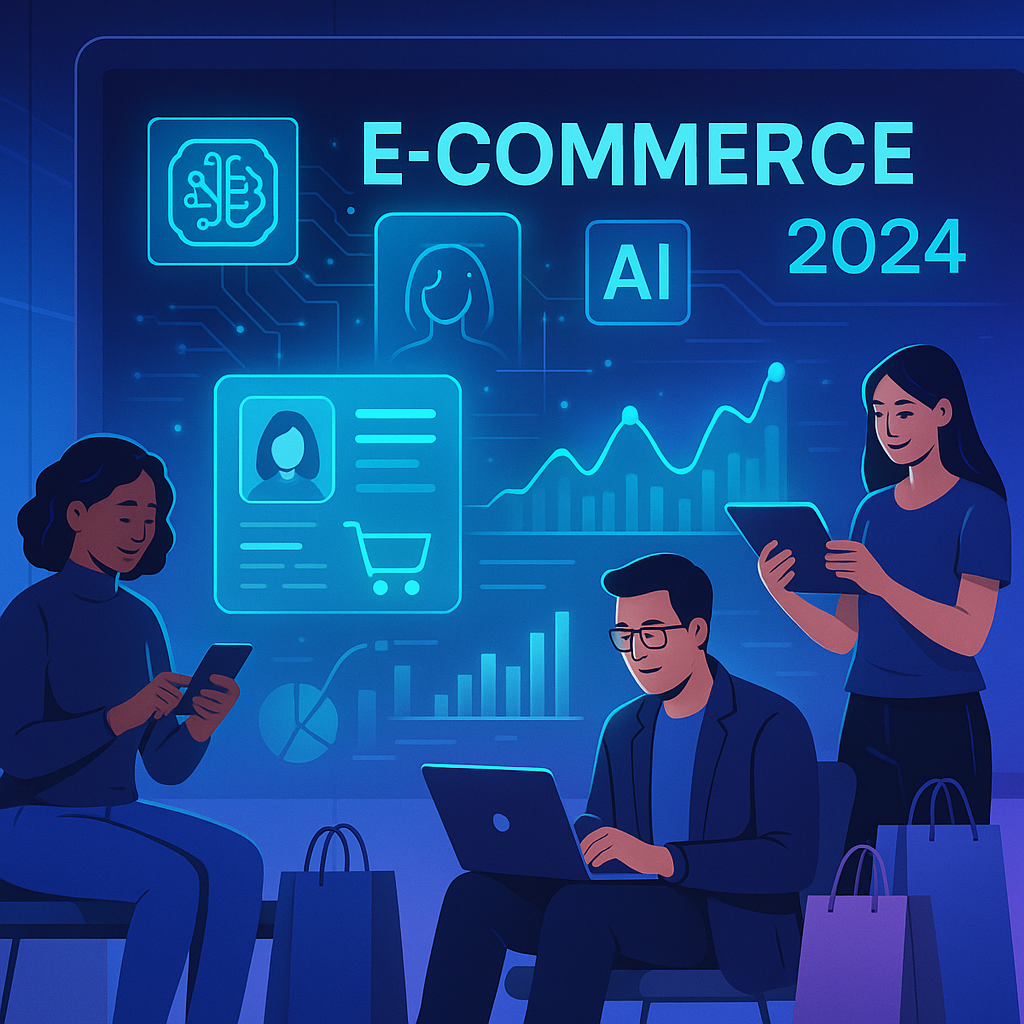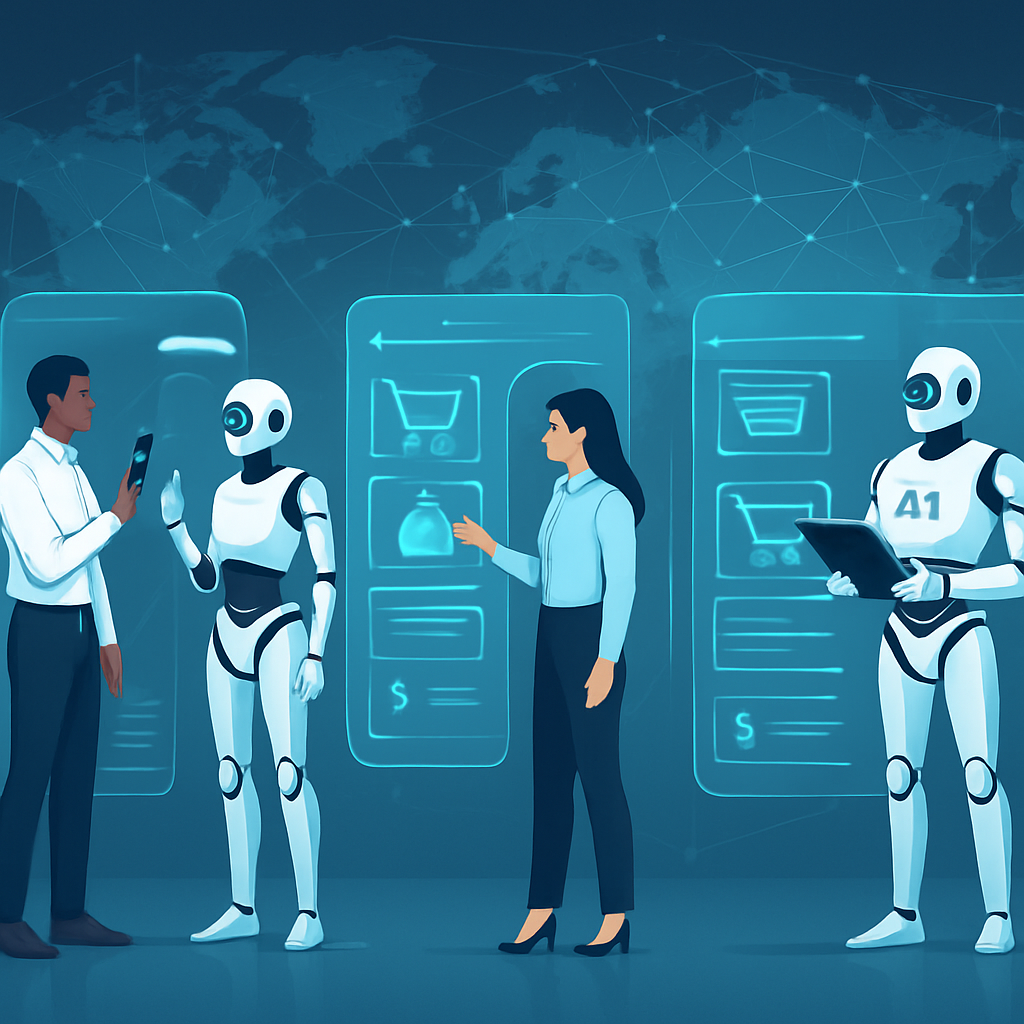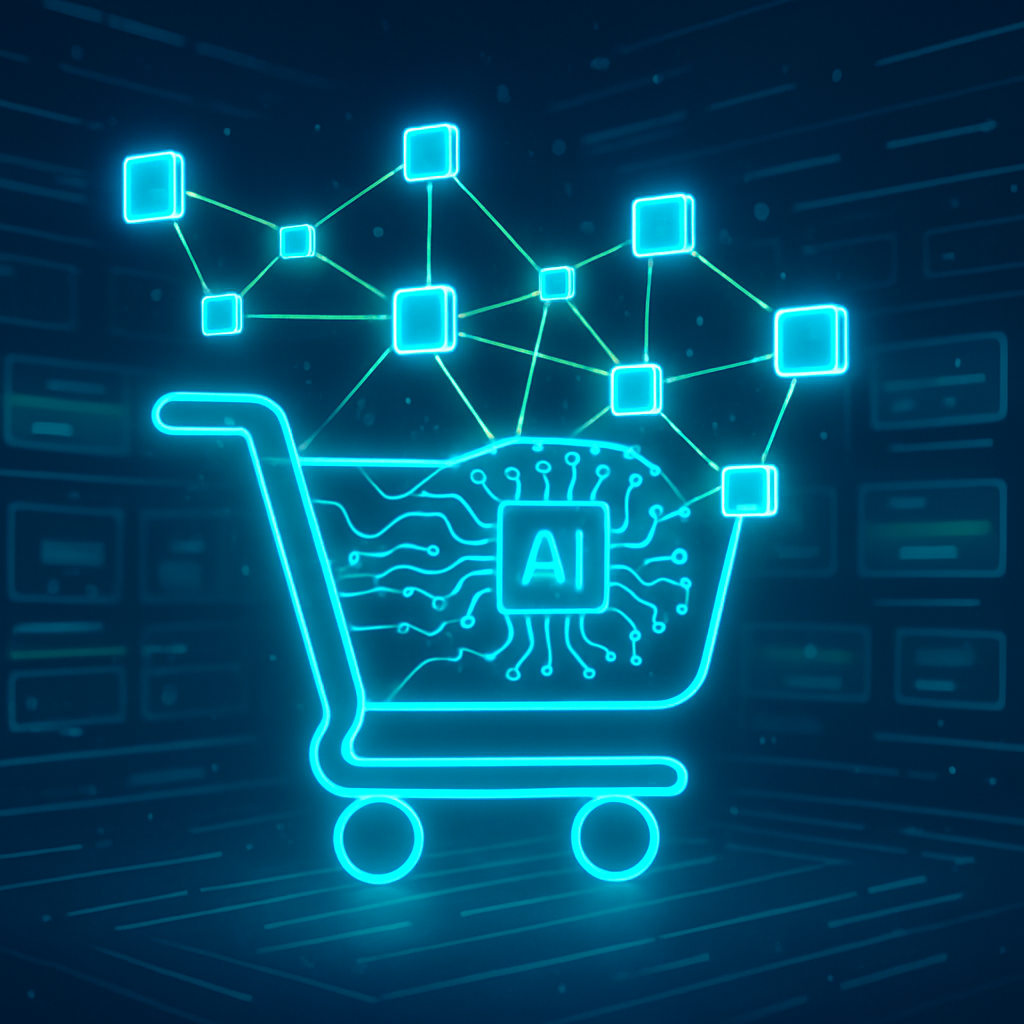
Transforming Digital E-Commerce with AI-Driven Customer Software in 2025
The Rise of AI in Digital E-Commerce
The digital e-commerce landscape in 2025 is more dynamic and competitive than ever before. Amid this evolution, AI-driven customer software emerges as a pivotal technology reshaping how businesses engage customers, optimize operations, and innovate their strategies. Leveraging artificial intelligence enables e-commerce platforms to go beyond traditional methods, delivering personalized shopping experiences and data-driven insights with unprecedented precision.
Understanding AI-Driven Customer Software
AI-driven customer software integrates advanced machine learning algorithms, natural language processing, and predictive analytics to create intelligent systems aimed at enhancing customer engagement and satisfaction. These systems can power everything from personalized product recommendations and dynamic pricing to automated support and customer sentiment analysis.
Unlike generic tools, these solutions learn continuously from customer behavior and contextual data, allowing businesses to tailor interactions in real-time. The fusion of AI with customer software reshapes how digital commerce adapts to buyer preferences and market trends, driving smarter decision-making.
Key Technologies Behind the Transformation
Predictive Analytics: Anticipates customer needs and behaviors to enable proactive engagement.
Chatbots and Virtual Assistants: Use conversational AI to provide instant, personalized support around the clock.
Recommendation Engines: Deliver tailored product suggestions based on individual browsing and purchase history.
Sentiment Analysis: Monitors customer feedback and reviews to gauge satisfaction and inform strategies.
Revolutionizing Business Strategies with AI
By embedding AI-driven customer software into digital e-commerce frameworks, businesses unlock multiple strategic advantages:
1. Hyper-Personalized Shopping Experiences
With AI analyzing vast datasets, e-commerce platforms can offer shoppers products and content uniquely suited to their preferences and contexts. For example, an online apparel store can use AI to recommend outfits matching a customer’s style, season, and past purchases, significantly increasing conversion rates.
2. Dynamic Customer Segmentation and Targeting
AI models dynamically segment customers based on real-time data rather than static categories. This allows marketers to deploy targeted campaigns that resonate deeply with specific audiences, driving engagement and loyalty with precision-tuned messaging.
3. Optimized Inventory and Pricing Strategies
Intelligent software forecasts demand patterns, enabling businesses to adjust inventory and pricing fluidly. Seasonal trends, competitor pricing, and shopper behavior all feed into AI algorithms to optimize stock levels and promotional offers for maximal profitability.
4. Streamlined Customer Support
AI-powered chatbots handle routine inquiries effortlessly and escalate complex issues efficiently, improving service quality while reducing operational costs. Instantaneous responses also enhance user satisfaction in a digital-first world where expectations for speed are high.
Practical Examples of AI-Driven Customer Software in Action
Example 1: Personalized Onboarding in Subscription Services
A global digital subscription platform integrates AI-driven onboarding software that analyzes new user preferences through interactive surveys and early behavior. The system then dynamically curates welcome offers and recommended content, boosting user retention and lifetime value.
Example 2: AI-Enhanced Virtual Fitting Rooms
A fashion e-commerce leader leverages AI-powered virtual try-on technology fused with customer profiling software. This combination provides accurate style and fit recommendations, reducing return rates and elevating shopping comfort in an increasingly digital environment.
Challenges and Ethical Considerations
While AI-driven customer software delivers tremendous opportunities, businesses must navigate challenges such as data privacy, algorithmic transparency, and ensuring inclusivity. Handling personal data sensitively and providing customers with clarity on AI use builds trust and aligns with evolving regulatory landscapes.
Moreover, combating biases embedded in training datasets is vital to avoid exclusionary or unfair outcomes. Continuous evaluation and ethical AI frameworks are fundamental in responsible adoption.
Looking Ahead: The 2025 and Beyond Horizon
The integration of AI in digital e-commerce customer software is poised to deepen. Emerging advancements like generative AI for content personalization, emotion recognition for empathetic interactions, and cross-channel AI agents promise to further transform how businesses and customers connect.
Organizations embracing AI not just as technology but as a strategic catalyst will likely lead the next phase of digital commerce innovation, crafting experiences that are smarter, more intuitive, and genuinely customer-centric.
Conclusion
The year 2025 marks a significant turning point where AI-driven customer software has matured into a revolutionary force in digital e-commerce. Businesses harnessing these intelligent systems are no longer competing on products alone but on tailored, seamless, and dynamic customer experiences powered by cutting-edge AI technology. As AI continues to evolve, so too will the possibilities for digital commerce strategies that are agile, insightful, and profoundly transformative.






